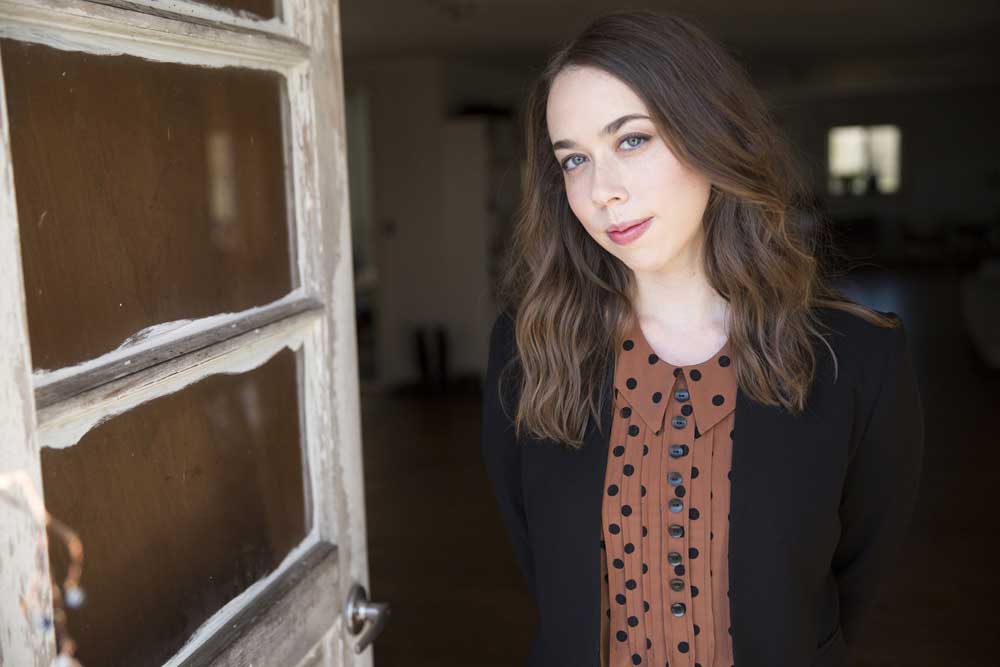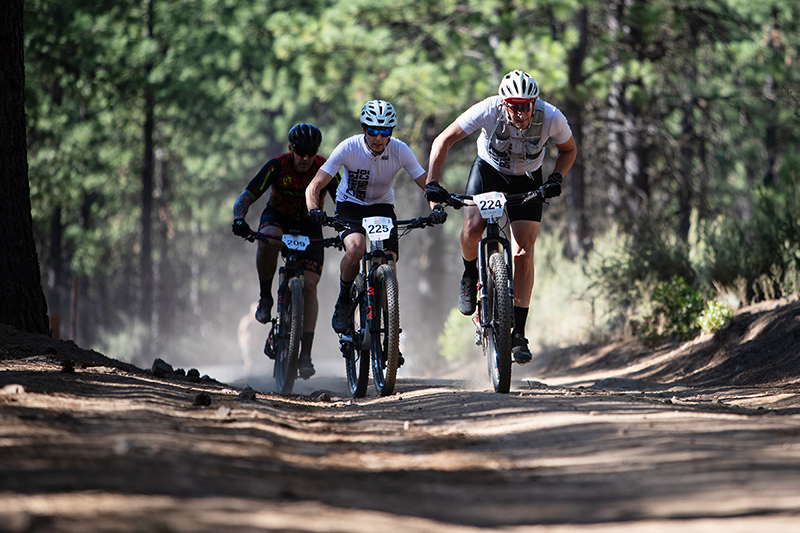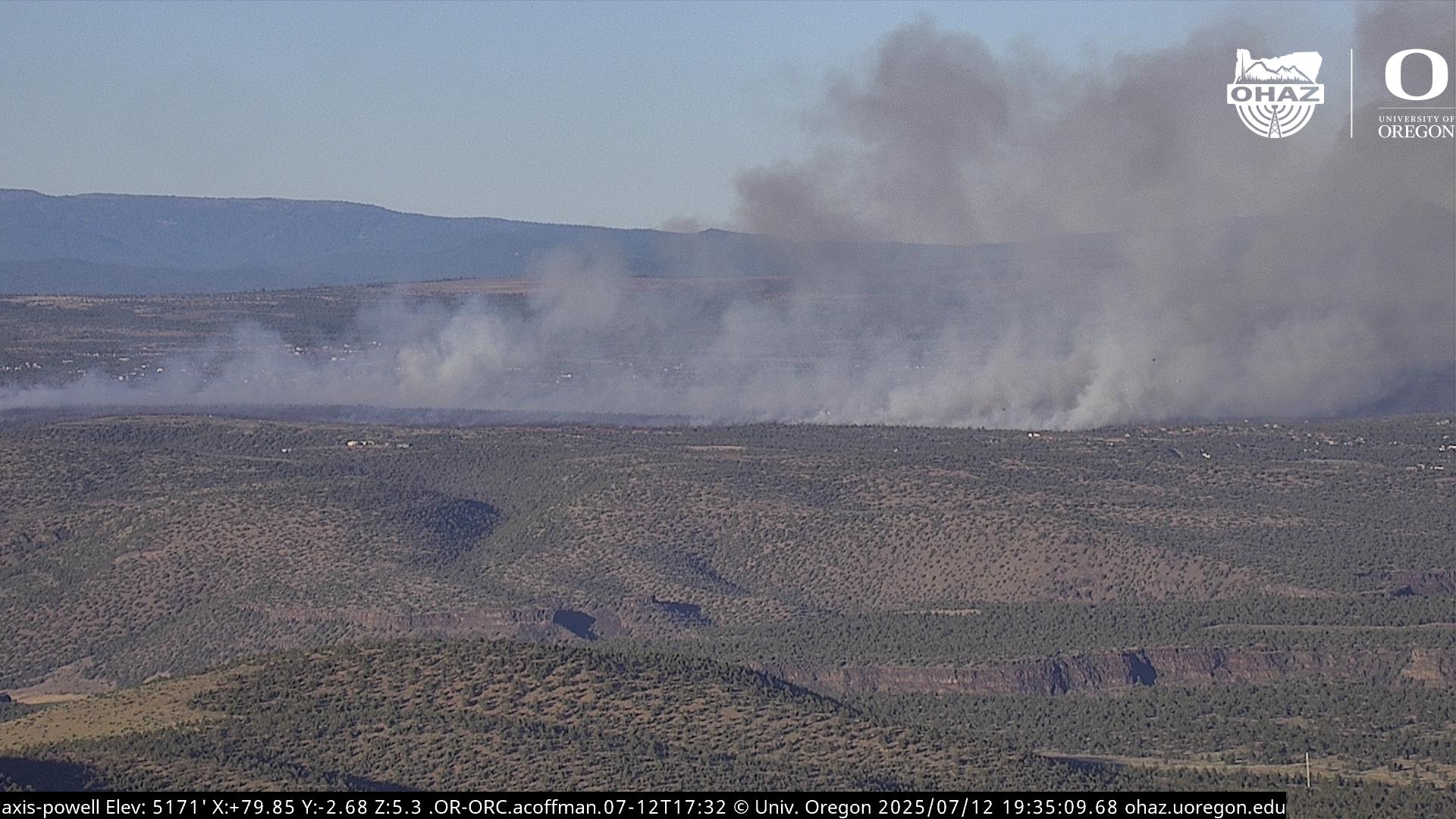Justin Townes Earle plays Sisters Folk Festival
Published 10:43 am Thursday, September 13, 2018

- Singer-songwriter Sarah Jarosz will perform Friday night at Sisters Art Works as part of the 22nd annual Sisters Folk Festival, which runs Friday through Sunday at various venues in downtown Sisters. (Submitted photo)
Editor’s note: This interview with Justin Townes Earle was conducted in advance of last year’s Sisters Folk Festival, which was canceled due to smoky conditions. Earle will perform at this year’s festival Saturday at Five Pine and Sisters Art Works.
Portland’s music scene can now claim Justin Townes Earle as one of its newest members.
Trending
The Nashville native, alt-country rocker, known for unflinching, often dark character studies such as “Harlem River Blues” (as well as for being the son of alt-country mainstay Steve Earle), moved to Portland with his wife a few years ago. The couple wanted to be closer to the city for the recent birth of their daughter, Earle said.
“It’s been good so far. I haven’t gotten out a whole ton just because my wife’s been pregnant or we’ve had a baby the whole time that we’ve been here,” Earle said last year from home. “It’s been pretty low-key, but no, I enjoy living (here). Where we lived before (in northern California) was a village of 13 people, so it’s nice being back where there’s a few more things to do and a few more choices of grocery stores and things like that.”
Earle released his seventh studio album “Kids in the Street” in May 2017. Its 12 songs find Earle tackling his own addiction-filled past (the New Orleans-inspired “15-25”) and gentrification in Nashville (the title track), alongside reflections on Earle’s newfound roles as husband and father.
“I made a decision when I started writing songs like ‘Mama’s Eyes’ that everything was kind of fair game and out in the open — you know, this unapologetic openness about things,” Earle said. “I found it a natural state for me. I’m pretty mouthy and unfiltered as a lot of people tell me, so it makes sense.”
While the title track focuses on Earle’s hometown, name-dropping streets and neighborhoods in Nashville, its story of working-class people being forced to the fringes as the city grows could be transposed almost anywhere in the country, according to Earle. The parallels to the rapid growth of Earle’s new home and Central Oregon are not lost on the singer.
“It’s happening everywhere in the United States — any place where people might even just remotely want to live is starting to get more expensive,” he said. “I definitely thought of something that a lot of people would be able to relate to and grab a hold of at this point. Things are definitely changing at a much more rapid pace than they ever did before. … I guess it’s an inevitable part of change that things keep just going and going and going, but it doesn’t make it any easier to watch.”
Trending
The album is Earle’s first not to be recorded in his childhood hometown of Nashville and the first to feature an outside producer, Mike Mogis, who helped push Earle into new stylistic and instrumental territory.
“If you get into my old records, and you kind of dig into them a little bit further, you will find things like glockenspiels and vibes and mellotrons and stuff,” Earle said. “But when I was making my records in the past, my tendency is to more bury these things and make them more afterthoughts — things that people actually have to stop and listen for or they don’t recognize exactly what’s happening. Where Mogis definitely has — and I knew that going in — he has a bigger, much more forward sound than the way I would usually record.”
In past interviews, Earle has mentioned the blues as one of his biggest influences not just on this album, but in general. In May, Earle appeared on his father’s SiriusXM Outlaw Country radio show, “Hardcore Troubadour Radio,” the first radio interview the father and son have ever done together, according to an article in Rolling Stone. Among other things, the two discussed how Nirvana’s “Unplugged in New York” album — and in particular the Leadbelly cover “In the Pines” (or “Where Did You Sleep Last Night?” as Nirvana titled it) — turned the younger Earle onto the blues.
“Like most kids my age that played guitar, Nirvana was everything at that point,” Earle said. “When I saw (‘Unplugged’), when my hero at the time, Kurt Cobain, talks about this spooky figure that was always kind of … in and out of prison, and I’ve always gravitated toward the rougher side of people in life, or root for the bad guys in the movies. It definitely was a point where everything changed, and I began looking back further in history for music and figuring out that a lot of the stuff that I was hearing was not at all really new. It had been done before.”
Earle has had a famously contentious relationship with his father over the years. He grew up with his mother, but eventually moved in with his father in the early ’90s and toured with The Dukes for a time before leaving due to addiction issues (something else he shares with his father). He’s completed multiple stints in rehab, the last in 2010.
Now a father, Earle finds himself in a similar position as his father was years ago, juggling time on the road with time with his family. Though it is a balancing act, Earle said he’s not too concerned.
“I want to be home and be a part of my daughter’s life, but I also — I have a job, and it’s the only job that I’ve ever done and know how to do well,” Earle said. “I gotta support the kid. So part of me definitely wants to be home more, but there’s a big part of me that wants to work more, too, to make that sure my daughter has everything that she needs.”








